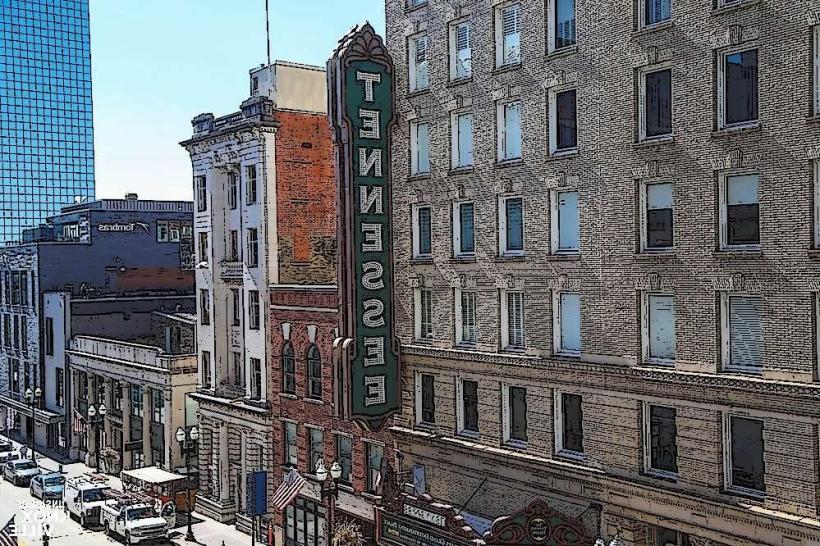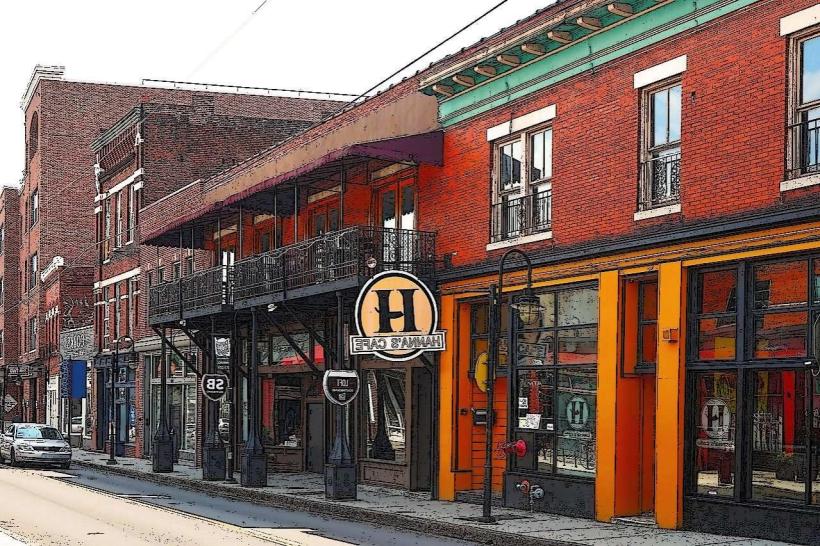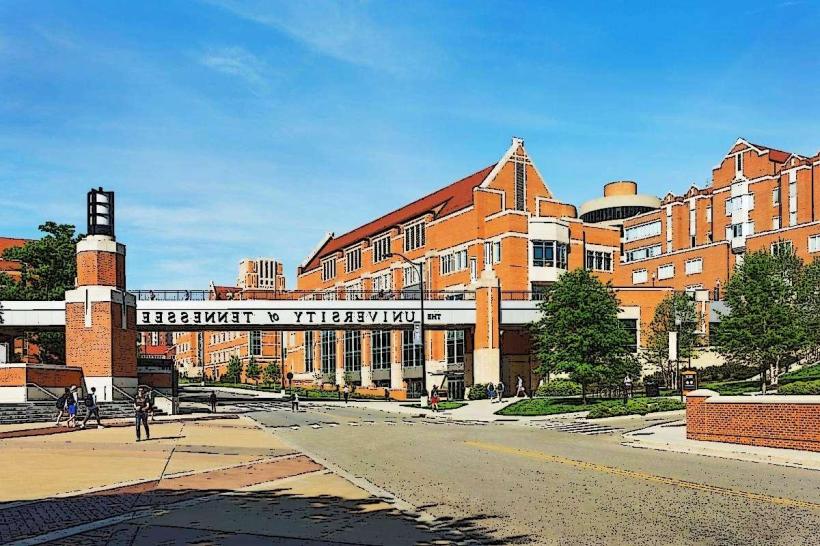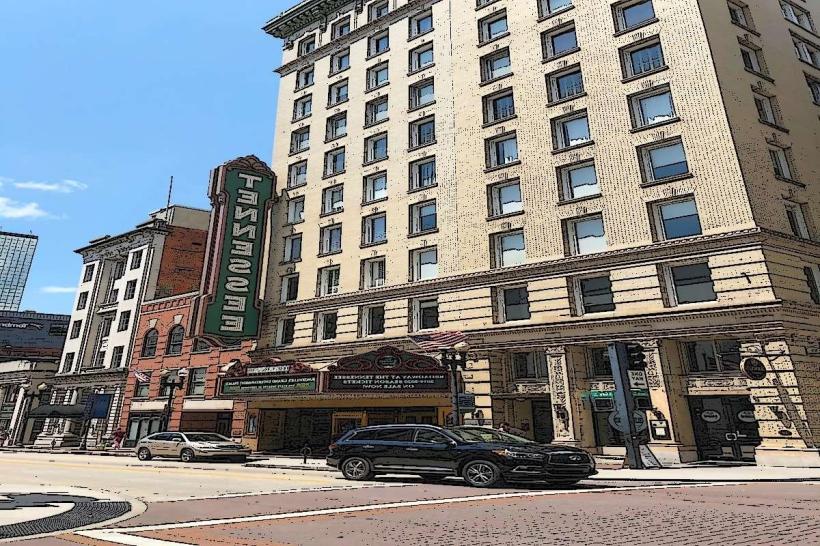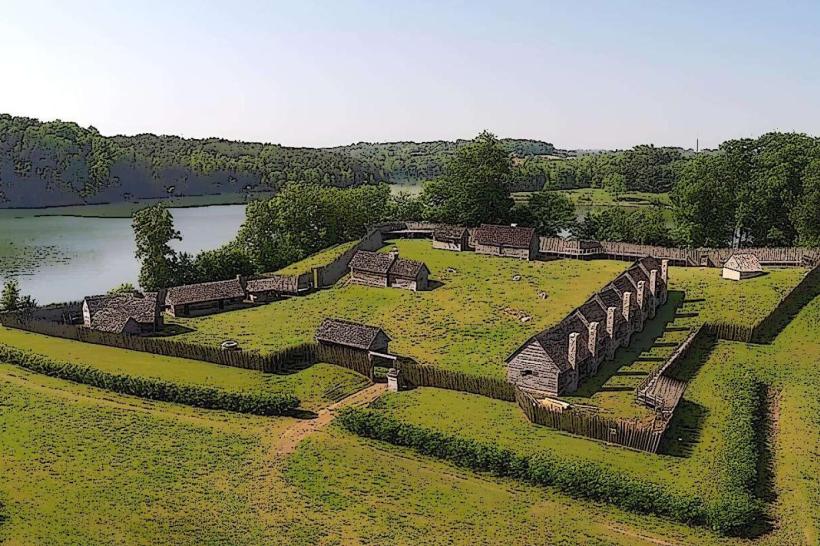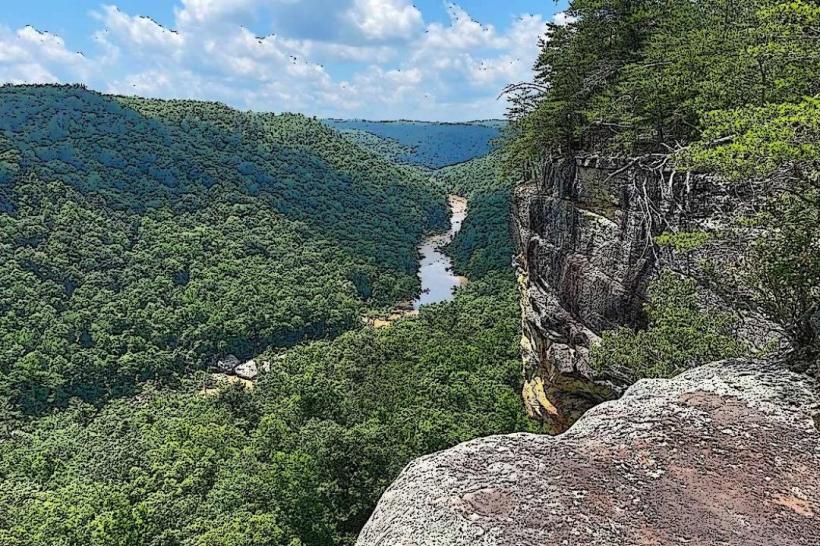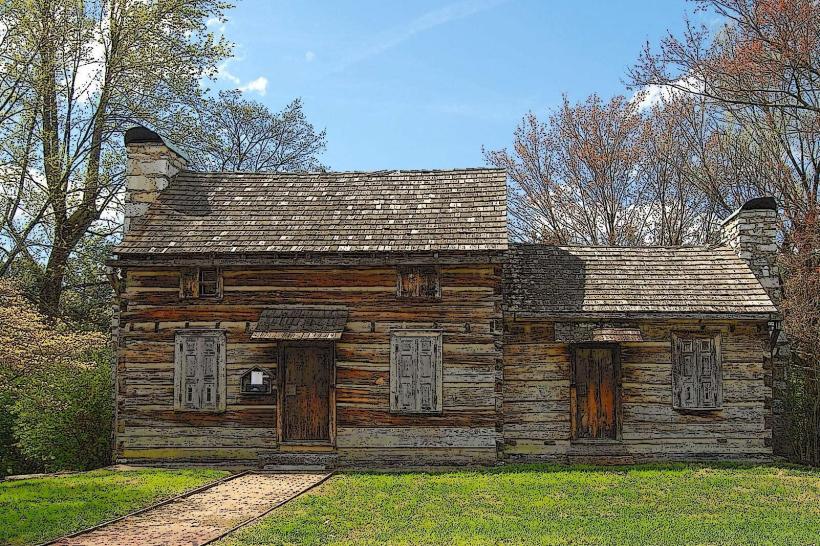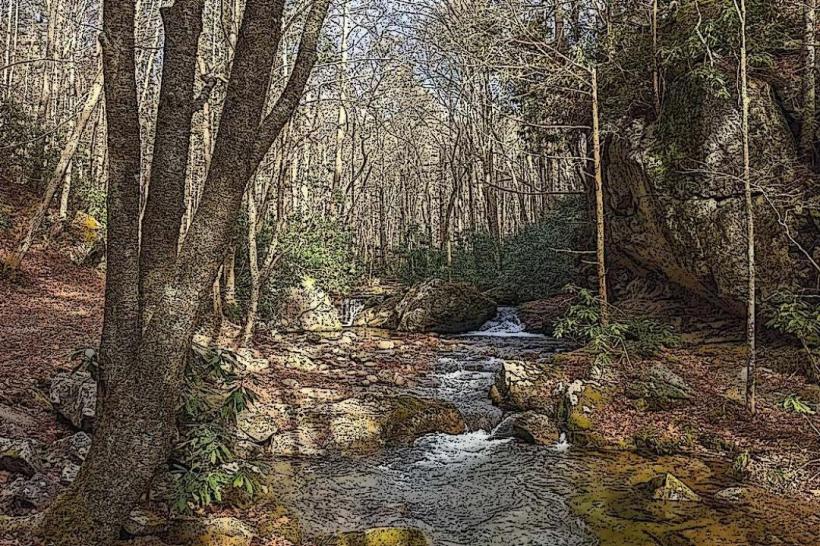Information
Landmark: Museum of AppalachiaCity: Knoxville
Country: USA Tennessee
Continent: North America
Museum of Appalachia, Knoxville, USA Tennessee, North America
The Museum of Appalachia, located at 2819 Andersonville Highway in Clinton, Tennessee, is a comprehensive living history museum spanning 65 acres that provides a rich, immersive experience into the culture, heritage, and lifestyle of Southern Appalachia. Established in 1969 by John Rice Irwin, a passionate collector and historian, the museum is a nonprofit organization and a Smithsonian Affiliate, recognized for its dedication to preserving Appalachian history and traditions.
Historical and Cultural Significance
The museum was created to showcase the authentic mountain heritage of Appalachia by collecting and preserving not only artifacts but also historic buildings, stories, and skills passed down through generations. Its foundation stems from John Rice Irwin’s vision to provide future generations with a direct link to the past, portraying how Appalachian people lived, worked, and contributed to American culture.
Grounds and Architecture
The Museum of Appalachia features over 35 meticulously relocated and restored log structures, including:
Log Cabins: These pioneer homes date from the 18th and 19th centuries and represent various Appalachian communities, displaying authentic frontier architecture and domestic life.
Barns and Outbuildings: These structures illustrate traditional Appalachian farming practices and animal husbandry.
Churches and Schools: Reconstructed buildings show the role of religion and education in rural mountain life.
Blacksmith Shops and Craft Workshops: Spaces where traditional Appalachian crafts like blacksmithing, weaving, and pottery are demonstrated and preserved.
The grounds themselves recreate an Appalachian pioneer village, set against a natural backdrop with gardens and walking paths, allowing visitors to wander through a living history environment.
Extensive Artifact Collections
The museum’s artifact collection exceeds 250,000 items, ranging from everyday household objects to rare folk art. Highlights include:
Musical Instruments: Traditional Appalachian instruments such as banjos, fiddles, dulcimers, and more, representing the rich musical heritage of the region.
Quilts and Textiles: Handmade quilts and woven fabrics showcasing regional patterns and craftsmanship.
Baskets and Pottery: Functional and decorative items created by Appalachian artisans.
Native American Artifacts: Items that highlight the indigenous presence and influence in the Appalachian region.
Tools and Farming Equipment: Historical tools that reveal the labor-intensive agricultural practices of mountain settlers.
Each artifact is carefully preserved with interpretive signage that provides historical context, linking objects to the people and stories of Appalachia.
Interactive Experiences and Demonstrations
One of the museum’s core strengths is its commitment to experiential learning. Visitors can witness live demonstrations of traditional Appalachian skills, including:
Blacksmithing: Artisans forge iron tools and household items using period techniques.
Weaving and Spinning: Demonstrations show how wool and flax were processed into fabric.
Woodworking and Crafting: Traditional furniture making and carving are displayed.
Farming and Animal Husbandry: Visitors can engage with farm animals such as goats, sheep, chickens, and horses, and learn about Appalachian agriculture.
These demonstrations take place regularly, particularly during special events and festivals, fostering a dynamic and hands-on connection to Appalachian heritage.
The Mark Twain Cabin
An important highlight of the museum is the authentic log cabin that once belonged to Samuel Clemens (Mark Twain) during his early life. This structure connects the broader American literary heritage to the Appalachian region, enriching the narrative of cultural influence from the mountains.
Special Events and Festivals
The Museum of Appalachia hosts numerous annual events that celebrate Appalachian traditions and invite community participation:
Sheep Shearing Days: Held annually in early May, this event showcases sheep shearing, wool carding, spinning, and weaving demonstrations. Family-friendly activities include sheep herding, craft workshops, and live Appalachian music.
Independence Day Anvil Shoot: A distinctive Appalachian celebration on July 4th where a 200-pound anvil is launched skyward using gunpowder, accompanied by traditional music and festivities.
Fall Heritage Fridays: A series of fall events featuring hayrides, storytelling, blacksmithing demonstrations, sorghum and apple butter making, and traditional Appalachian music and dancing.
Candlelight Christmas: An enchanting December event where visitors stroll through a pioneer village adorned with Christmas decorations, enjoy storytelling, wagon rides, and interact with farm animals in a festive setting.
These events bring the history and culture of Appalachia to life in vivid and engaging ways, often attracting visitors from across the region.
Dining and Shopping Facilities
The museum’s onsite restaurant offers authentic Southern Appalachian cuisine with daily lunch specials including soups, beans, sandwiches, and traditional desserts. It serves as a cultural complement to the historical experience, allowing visitors to taste regional flavors.
The gift shop features a curated selection of locally made crafts and products, such as handmade pottery, honey, cookbooks, and books by Appalachian and Southern authors. This shop supports regional artisans and provides visitors with meaningful souvenirs.
Appalachia Ridge Camping and Lodging
For visitors seeking an extended experience, the Museum of Appalachia offers Appalachia Ridge, a luxury RV resort and glamping site located within walking distance of the museum. This facility provides full-hookup RV spaces and upscale glamping tents equipped with modern amenities, blending rustic charm with comfort. This lodging option allows guests to immerse themselves in Appalachian culture overnight while enjoying convenient access to the museum grounds.
Visitor Information and Accessibility
Operating Season: The museum is open year-round with varying hours by season, typically from 9:00 AM to 6:00 PM during peak months.
Admission Fees: Reasonably priced with family and group discounts, plus free entry for children under six.
Accessibility: The museum strives to accommodate all visitors; however, due to the historic nature of many buildings and uneven terrain, some areas may be challenging for individuals with mobility impairments.
Summary
The Museum of Appalachia stands as a unique and invaluable institution dedicated to preserving the Appalachian mountain way of life. Its vast collection of buildings, artifacts, and living history demonstrations provide a deeply authentic and educational portrayal of the region’s people, traditions, and history. Through its dynamic programming, community events, and immersive exhibits, the museum not only honors the past but also fosters an appreciation for Appalachian culture’s continuing influence on American heritage. It is a premier destination for history enthusiasts, cultural explorers, families, educators, and anyone interested in understanding the heart and soul of Appalachia.

